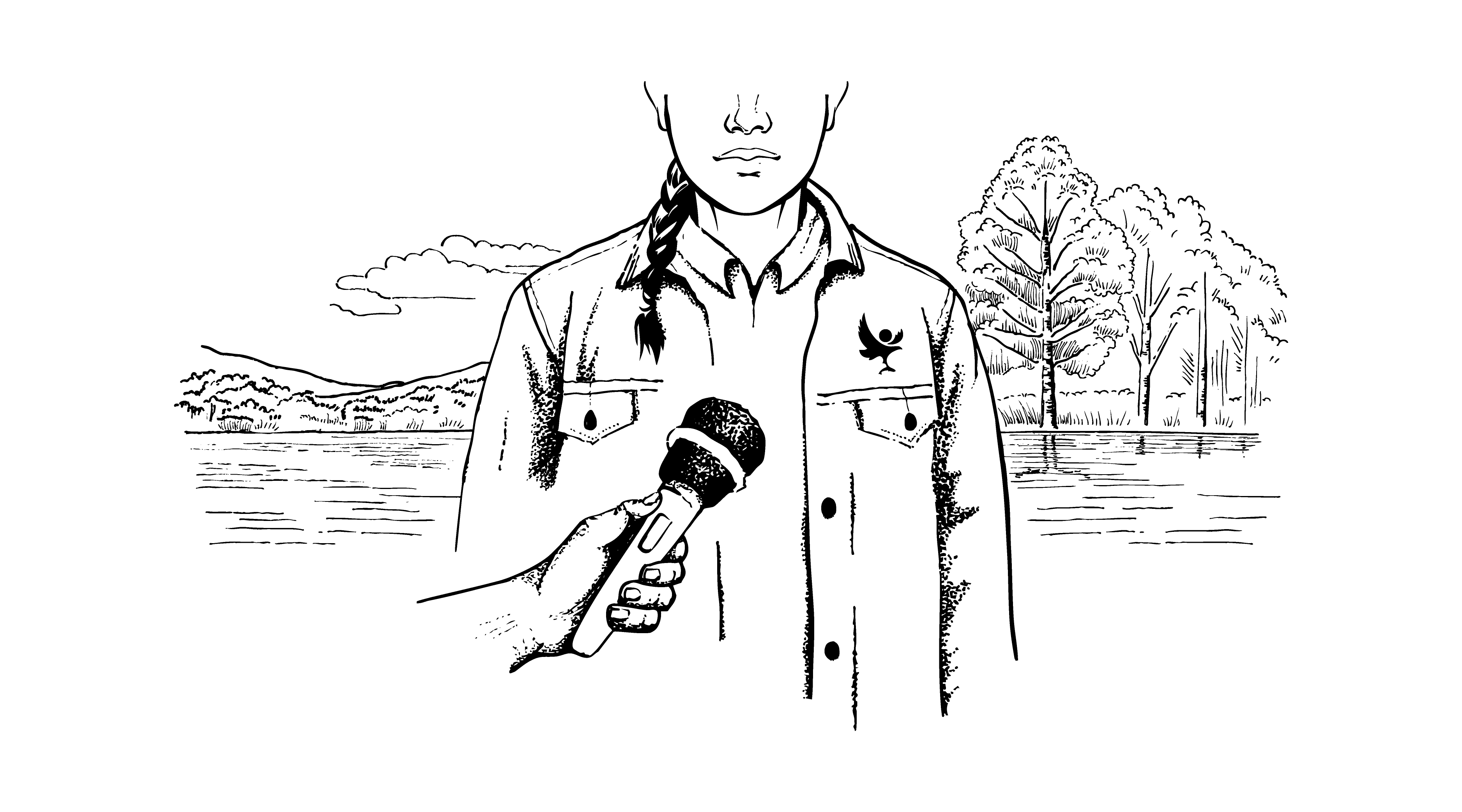Sustainable Tourism Strategy could lead to European Charter Status for Cairngorms

Sustainable Tourism Strategy could lead to European Charter Status for Cairngorms
The Cairngorms National Park Authority is applying for the European Charter for Sustainable Tourism in Protected Areas. If successful the Cairngorms National Park could be the first National Park in the UK to achieve this award.
The application to the Europarc Federation for the Charter will be made later this month and the outcome should be known in July. The European Charter for Sustainable Tourism in Protected Areas aims to encourage good practice by identifying those Parks which are meeting high standards for the sustainable development and management of tourism. The Charter is awarded by Europarc, an umbrella organisation of over 500 protected areas across 37 countries, and any park or protected area can apply for recognition that they are meeting the requirements of the charter.
At the CNPA’s Board meeting in Newtonmore on Friday 11 March, members agreed that the Park’s newly developed Strategy and Action Plan for Sustainable Tourism should form the basis of the Park Authority’s application for the European Charter. CNPA’s Sustainable Tourism Officer, Debbie Strang said: “If our application to the Europarc Federation for this Charter is successful, we’ll be the first UK National Park to achieve this prestigious accolade. Not bad for a National Park that has only been in existence for just over a year!
“Tourism is extremely important to the economy of the Cairngorms National Park but it has to be managed so that the special qualities of the Park are not comprised. “The development of the Strategy and Action Plan for Sustainable Tourism has been a very inclusive process involving private, public, voluntary and community organisations, and as a result we have a strategy that will help us to lead the way in terms of sustainable tourism in rural Scotland.”
The Strategy and Action Plan for Sustainable Tourism outlines a range of priorities for action including environment management and conservation; information and interpretation; visitor management; partnership working and community involvement. Access Board Papers here
Latest from the National Park
Update on wildfire situation
Convener Sandy Bremner and Chief Executive Grant Moir have given an update on the ongoing wildfire situation.
Statement on wildfires
An update from Grant Moir, Chief Executive of the Cairngorms National Park Authority, on the ongoing wildfires in Moray and Highland.
New Nethy houses get green light
Meeting in Ballater, the Planning Committee approved applications for a development of 35 houses in Nethy Bridge and a floodplain restoration scheme on the River Dee.




